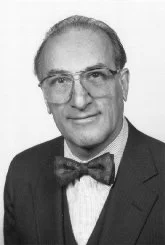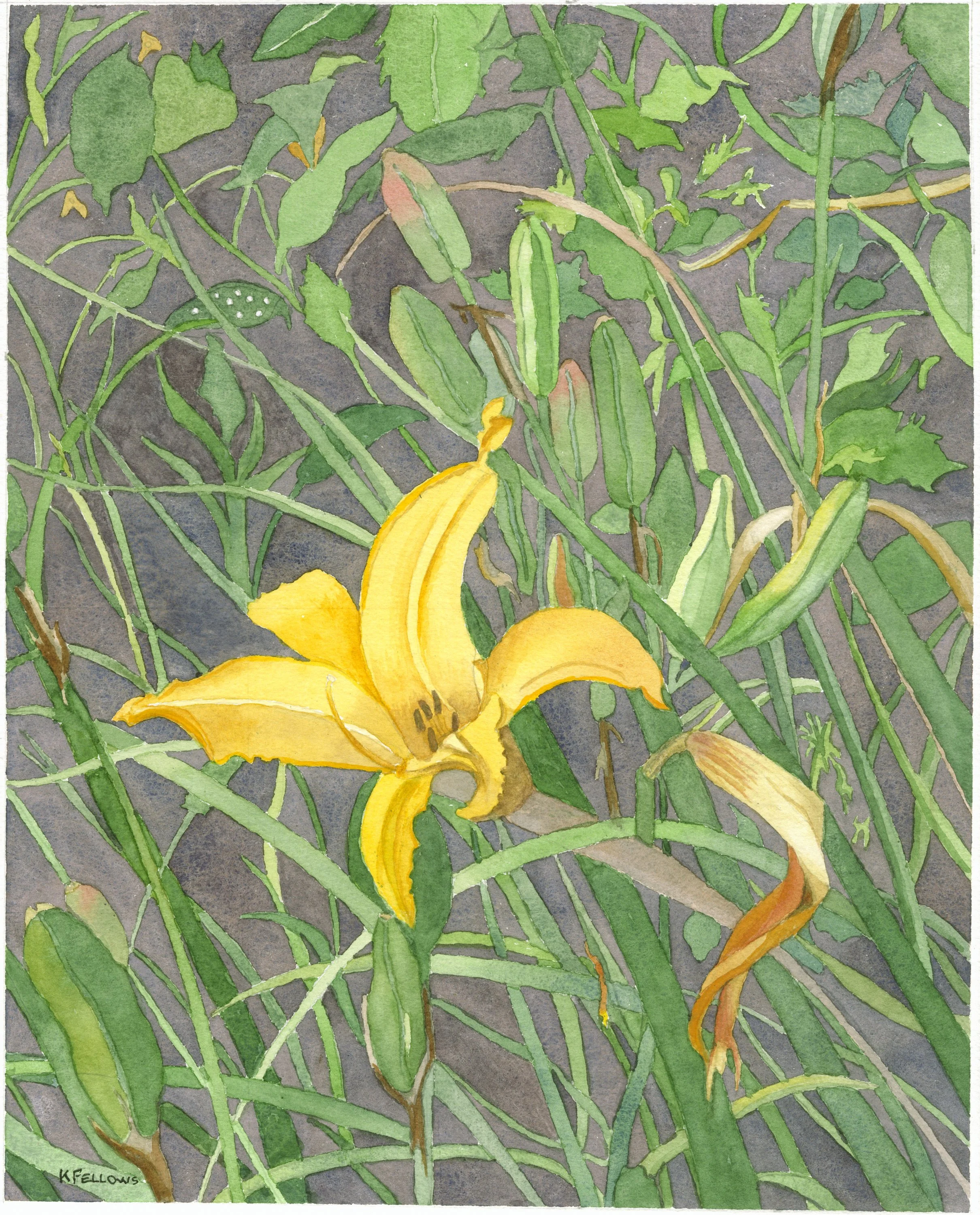A Letter from Dr. Taybi
I received this letter from a refugee from Iran shortly before he died:
Rev. Joanna J. Seibert:
Dear Joanna (please call me Hoosh):
Thank you very much for a very kind email. Your encouragement is most appreciated. I have accepted my illness and have no trouble dealing with the situation, thanks primarily to the support of my loving wife, Alice, and my children.
I am so thankful for all the opportunities I have been given by my mentors, friends, and, many times, strangers in this country. Your kindness and reading your email brings me back to 1946, when I was a practicing pediatrician in the city of Hamedan in Iran. An American missionary had a small hospital and clinic headed by a young American, Dr. Frame. I told him one day, I planned to go to America and get more education. A son of a missionary, he spoke Farsi fluently. I told him I wanted to learn “American.” He taught me a few words in “American” [English].
When I left Iran, Mrs. Frame gave me a letter to deliver to her parents, the Andersons. I arrived in New York City in December 1948, just before Christmas, and found my way in Manhattan to the Andersons’ apartment. Mr. Anderson took me to New York University, met with Professor Tobin, the Dean of Students, and enrolled me in English class. Andersons were missionaries, having spent many years in South America’s jungles.
Their kindness did not end there. Many times, they invited me to their home, and I spent the 1949 Christmas at their home in New Jersey. The Frames moved back to USA, and Dr. Frame had a practice in New York City.
It was in 1964 when we gave a course in Pediatric Radiology at Indiana University Medical Center. I sent an invitation for Dr. Frame to come as my guest and attend the course. He could not come. But in a nice note stated: “I see your ‘American’ has much improved,” referring to my use of American instead of English in 1948!! This type of kindness is unforgettable. To the end of my life, I shall remember what they did for a man from another land and another culture. Two of the Anderson photographs from my album are attached.
I appreciate very much your family remembering meeting this old friend. Please extend my regards to them, and I hope we meet again at another SPR gathering.
Hoosh



